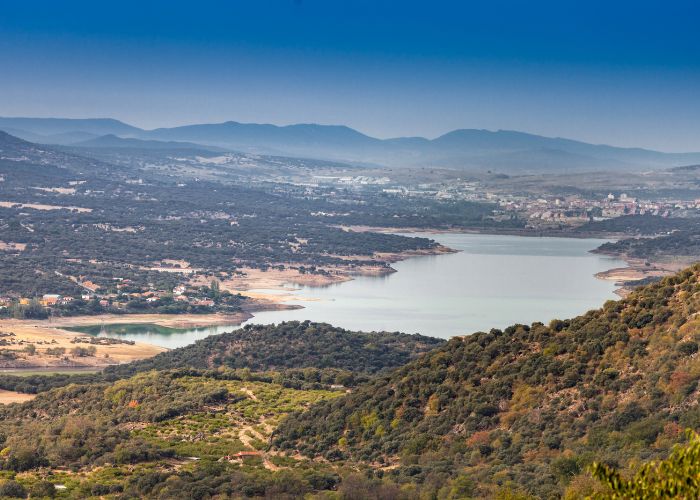Spain’s Ecological Transition Strategy has unveiled plans to safeguard the country’s precious aquifers, which are suffering from overexploitation and pollution due to industrial agriculture, livestock farming, and other human activities.
The United Nations has warned that 99% of the world’s freshwater is underground, making aquifers a vital but vulnerable resource. To address the problem, Spain aims to establish protected areas where water extraction and waste-generating activities will be restricted. These measures will help prevent further damage to the 46% of Spain’s aquifers that are already in poor condition. Before 1985, groundwater was treated as private property. This led to a lack of regulation and an unsustainable accumulation of extraction rights in many areas.
Protection perimeters around aquifers
The rescue plan includes deepening knowledge about aquifers and monitoring their condition to address the root causes of overexploitation and pollution. Spain also plans to draw protection perimeters around aquifers, which will limit harmful activities and close over one million illegal wells across the country. Additionally, the government intends to reduce overall water consumption, especially for irrigation, to prevent aquifers from running dry and affecting human supply in rural areas.
Related post: Water pollution increased by 50% in 4 years
Seawater intrusion
The depletion of aquifers has severe consequences for ecosystems and surface water, as rivers rely heavily on underground water. The Mediterranean region is particularly at risk of river drying and seawater intrusion, which occurs when coastal groundwater volumes decrease due to overexploitation. Climate change exacerbates this problem by reducing the recharge of underground reservoirs. Furthermore, water pollution from fertilisers, pesticides, and livestock waste is another major challenge for groundwater bodies.
Limit or prohibit damaging activities
To address these issues, Spain aims to increase the declared vulnerable area due to nitrate spills by 50% by 2024. This move will require regional governments to enforce guidelines set by water authorities, declare aquifers at risk, and limit or prohibit activities that could further pollute or overexploit the resource. By prioritising the conservation of aquifers, Spain is taking crucial steps towards a sustainable future.
Related post: Spain discovers large-scale water theft in macro-operation


